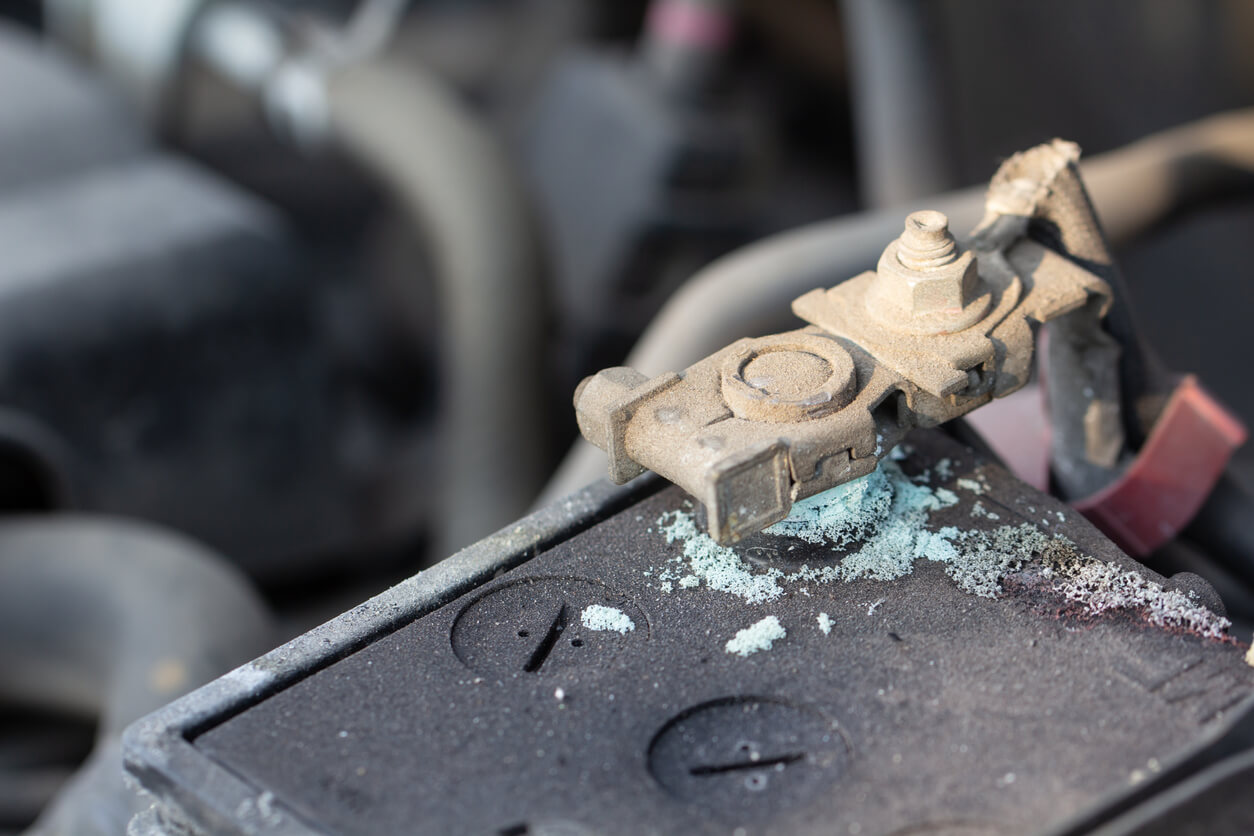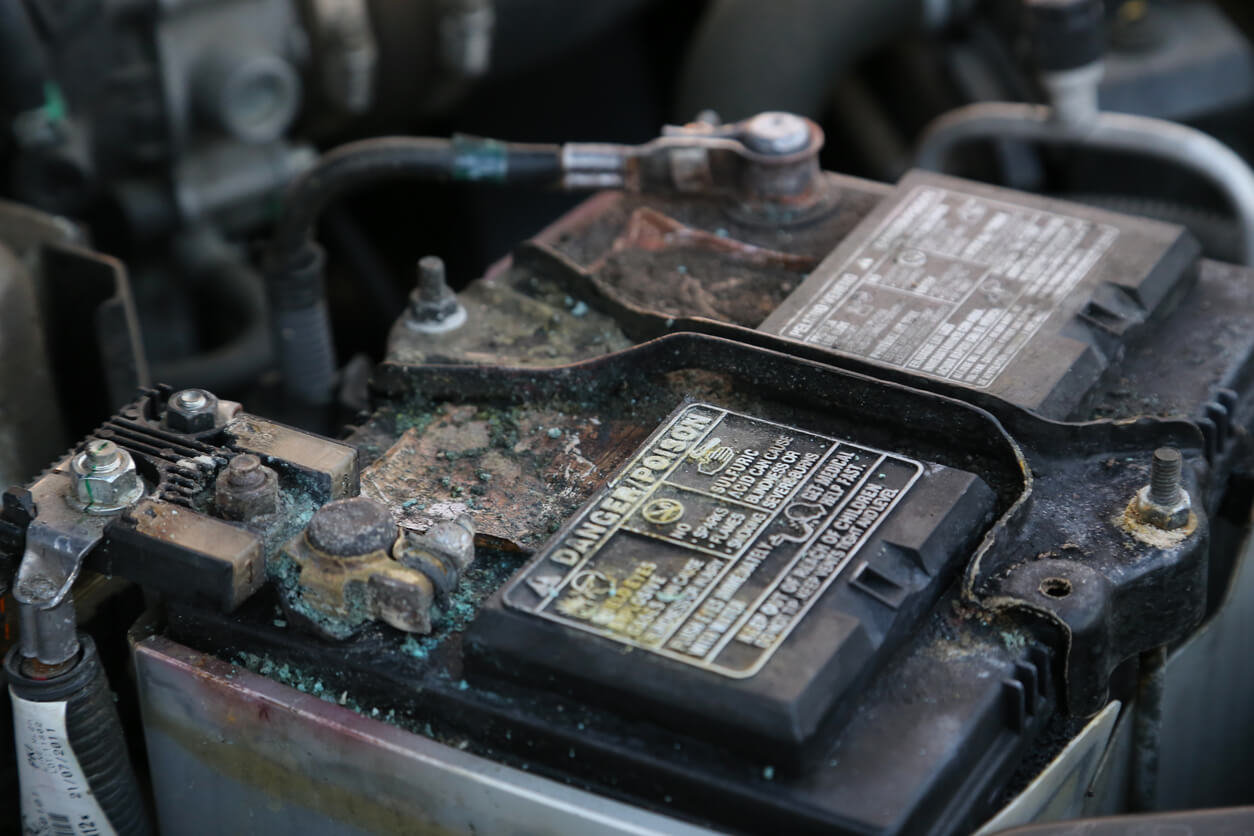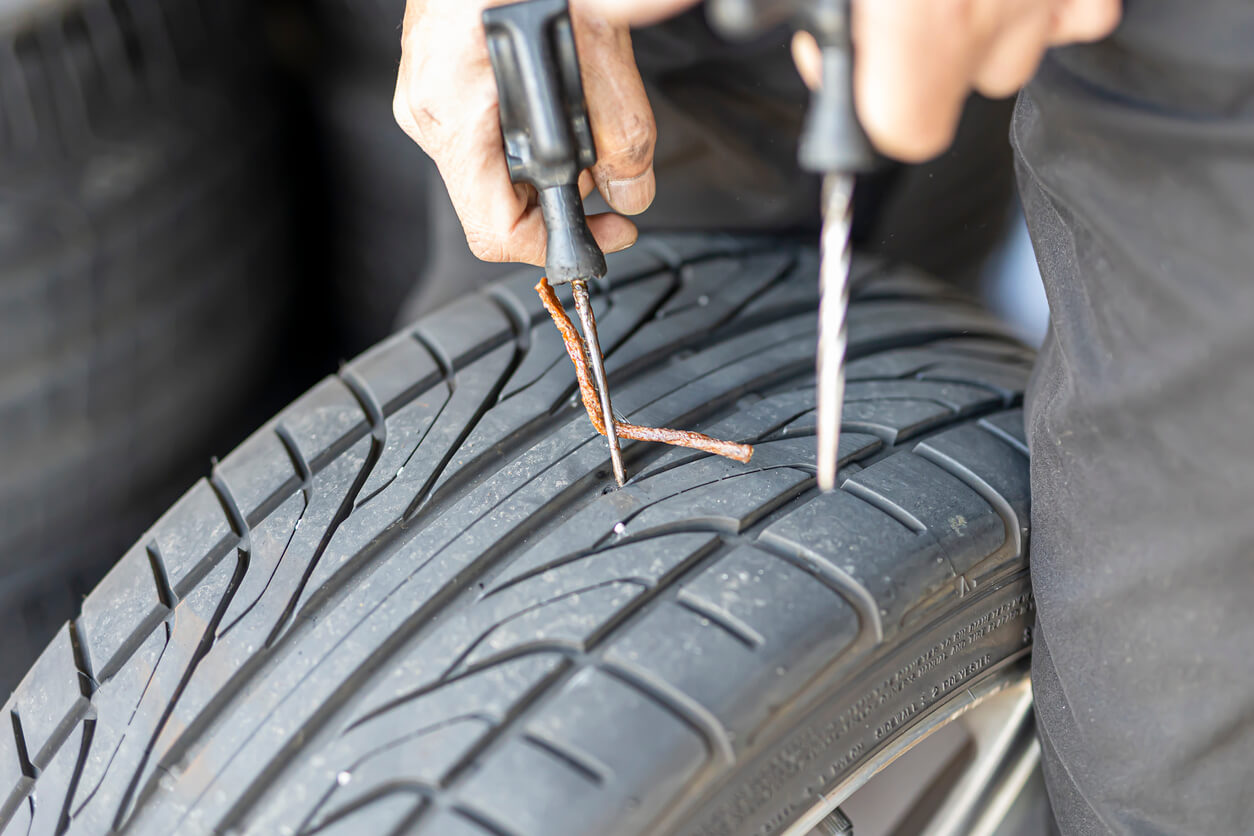
Owning a vehicle is often one of the most expensive things we do, and car maintenance can sometimes feel overwhelming, especially when it comes to understanding the health of your car battery.
This essential component of your vehicle plays a crucial role in starting and operating your engine. If you’re wondering about how vehicle batteries last, and when you need to have yours inspected, read on!
How Long Do Batteries Last For?
Typically, a car battery lasts between 3 to 5 years. However, this lifespan can vary based on several factors, including the type of vehicle, the quality of the battery, climate, and how the vehicle is used. If your battery is approaching this age range, it's recommended to periodically have your battery health tested.
What Are the Symptoms of an Old and Failing Battery?
A failing battery often gives off distinct signs. These include:
- Slow Engine Crank: If your car takes longer than usual to start, it's a classic symptom of a dying battery.
- Electrical Issues and Dimmed Lights: The battery powers all the electrical components in your car. If you notice your headlights or dashboard lights dimming, it might be a battery issue.
- Warning Lights: Most modern cars have a battery light on the dashboard that illuminates when there's a charging issue.
- Swollen Battery Case: A battery that appears swollen or bloated is a clear indicator of an issue.
It's important to note that some of these symptoms can also indicate alternator faults. This similarity can make it tricky to diagnose the issue on your own.

How Can a Faulty Battery Be Diagnosed?
While battery DIY checks are straightforward, accurately diagnosing a battery issue might require a bit more expertise. Your local Tyrepower store offers free battery health checks, where professionals can determine whether your battery is the culprit or if there's another underlying issue.
What Can You Do to Help Your New Battery Last as Long as Possible?
Once you've got your new battery installed, there are several ways to ensure its longevity:
- Avoid short journeys when you can: Short trips can prevent the battery from fully charging.
- Keep terminals clean: Ensure the battery terminals are clean and free from corrosion.
- A healthy battery should have a voltage between 12.4 and 12.7 volts while the engine is switched off.
- Limit the use of accessories when idle: Using the radio, lights, or air conditioning when the car isn't running can drain the battery faster.
Remember, your car battery is the heart of your vehicle. Regular checks and maintenance can prevent unexpected breakdowns and ensure your car runs smoothly.
Even if you’re not a car enthusiast with all the tools to work on your own battery, your local Tyrepower store is there to offer free battery health checks and a range of high-quality batteries to suit various makes and models.
Taking care of your battery is not just about avoiding inconvenience; it's also about ensuring your safety on the road.





















